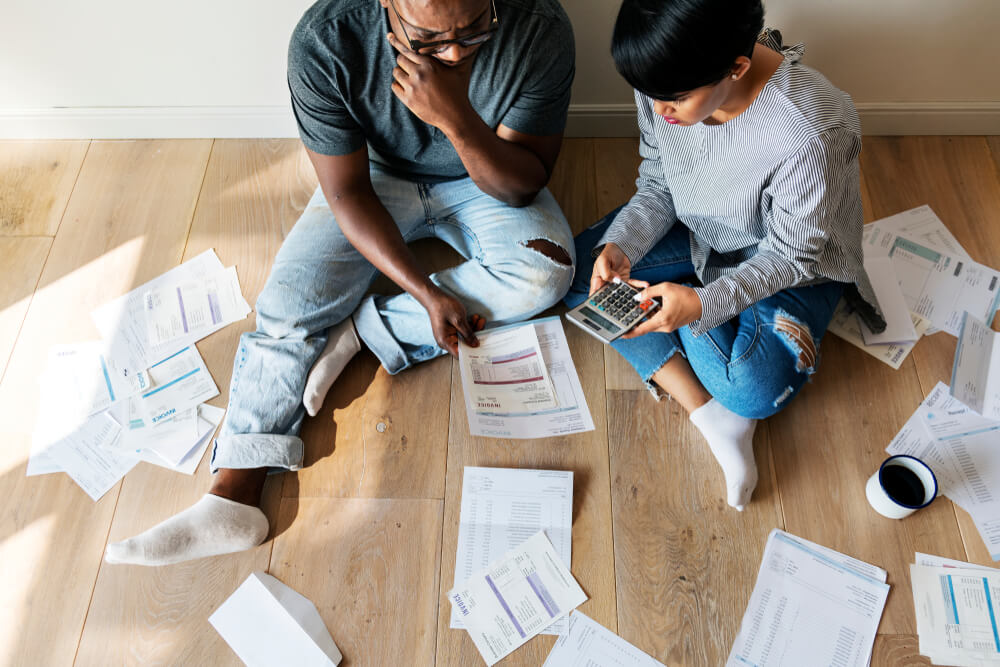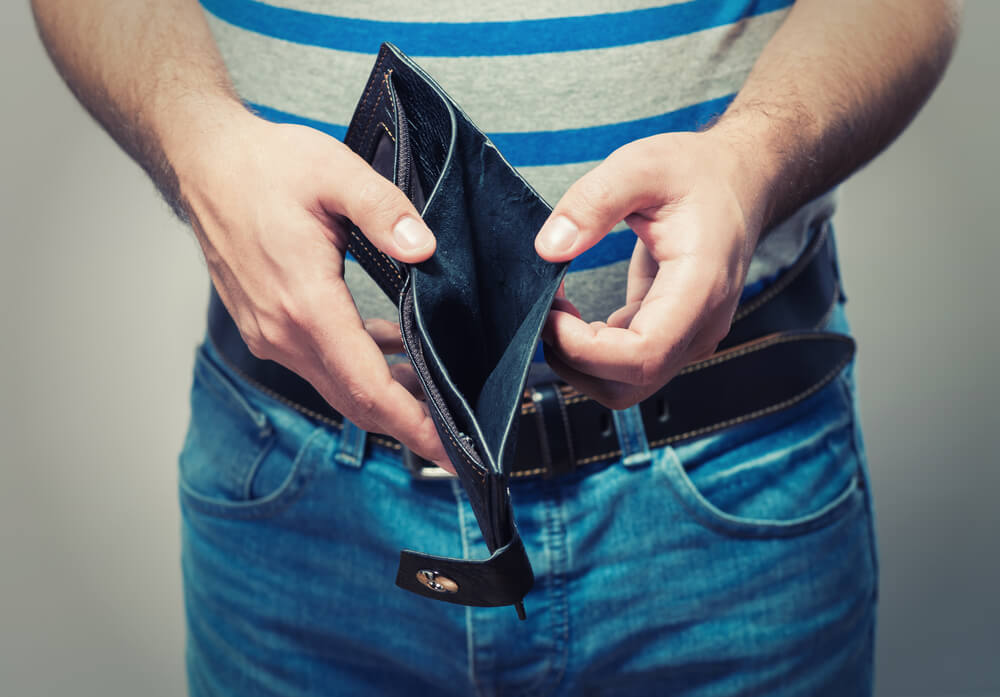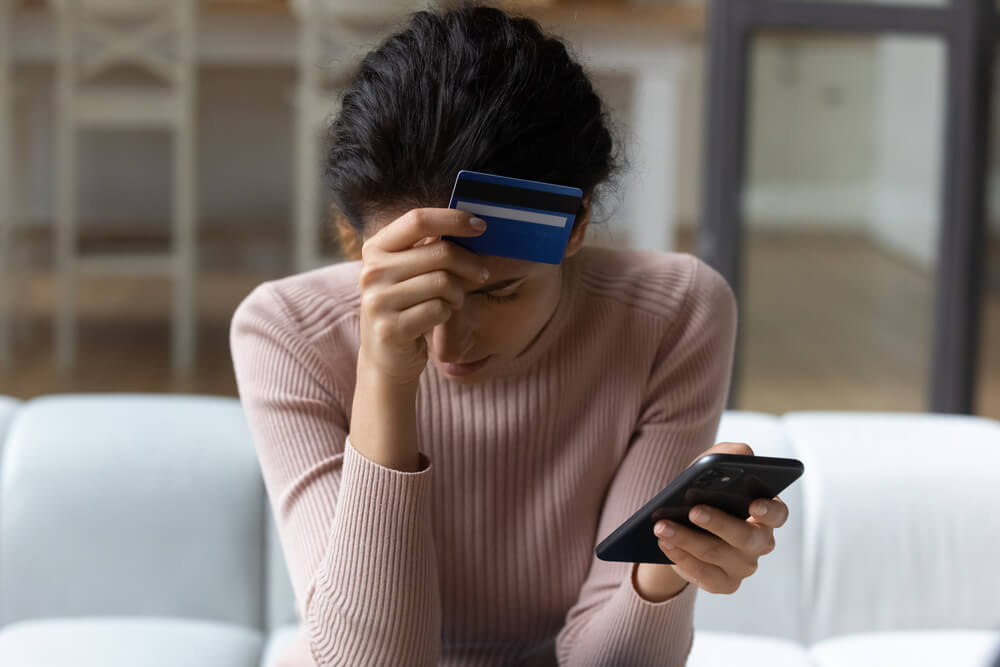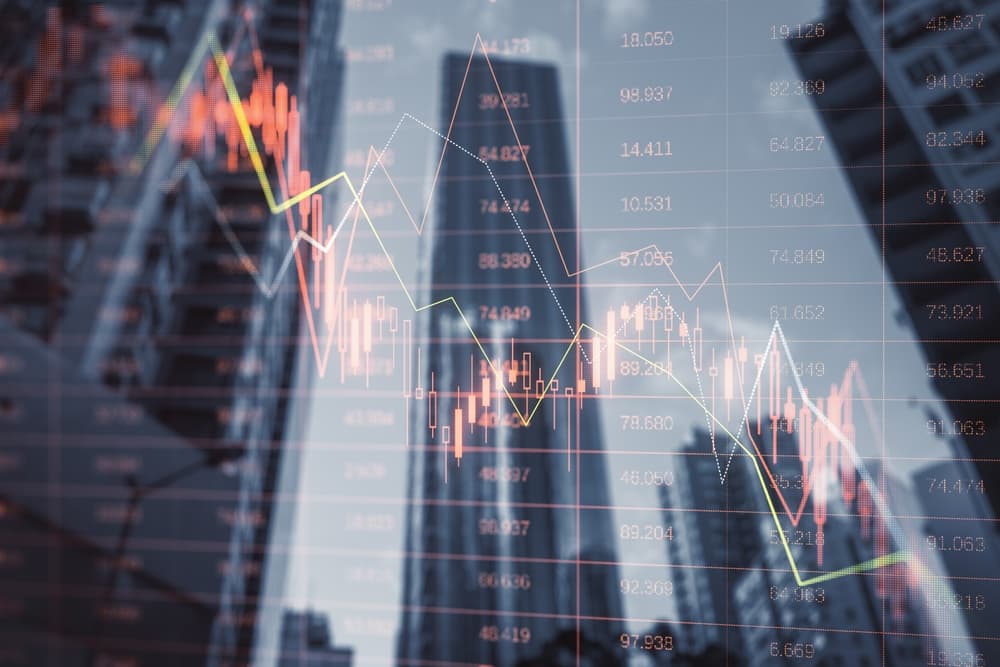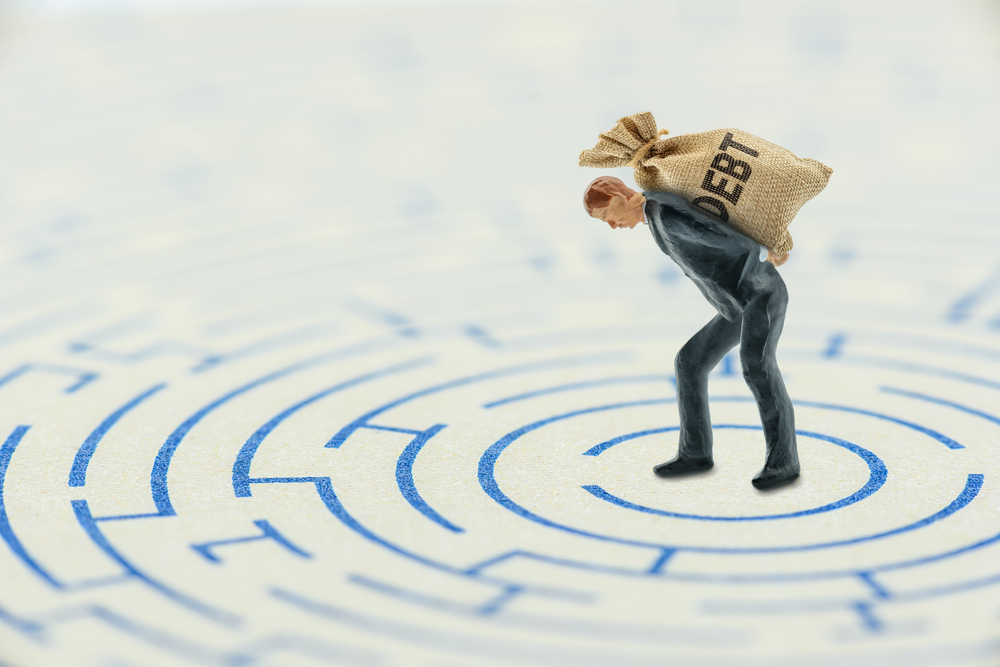
Navigating the financial landscape can often feel overwhelming, especially when dealing with overwhelming unsecured debt. But what is it? And how does it differ from other types of debt? Let’s take a look.
Key Points
- What is unsecured debt?
- Real-world example of unsecured debt
- Unsecured loans with favourable terms
- Are personal loans secured or unsecured?
- Which is better: secured debt or unsecured debt?
What is unsecured debt?
Unsecured debt is a type of loan or credit that doesn’t require you to provide collateral. This means if you’re unable to make payments, your lender can’t automatically take your property to recover their funds.
Lenders assess your credit score and credit history to determine your eligibility for an unsecured loan. These financial indicators help lenders gauge how likely you are to repay the borrowed amount. If a borrower defaults on an unsecured loan, the lender may resort to legal action to recover the outstanding debts.
Common types of unsecured debt include credit cards, medical bills, and personal loans. Since these loans present a higher risk for lenders, they typically come with higher interest rates than secured loans, where collateral is involved.
Real-world example of unsecured debt
Example 1: Credit Cards
Perhaps the most common form of unsecured debt, credit cards offer a revolving line of credit with no collateral required. The flexibility and rewards programs can be enticing, but the high-interest rates can make it easy to accumulate debt.
Example 2: Payday Loans
These are short-term, high-cost loans designed to cover immediate expenses until your next payday. Despite their convenience, payday loans come with extremely high fees and interest rates.
Example 3: Lines of Credit
Similar to credit cards, lines of credit provide borrowers with a set amount of funds they can draw from as needed. Interest is only paid on the amount borrowed, but rates can vary widely based on your creditworthiness.
Unsecured loans with favourable terms
While unsecured loans generally carry higher interest rates, shopping around and improving your credit score can help you find options with more favorable terms. Lenders are increasingly competitive, and those with good credit histories may find unsecured loans that offer attractive interest rates and terms.
Are personal loans secured or unsecured?
Personal loans can be either secured or unsecured. The difference lies in whether you need to put up collateral to secure the loan. Unsecured personal loans do not require collateral, making them a preferred option for borrowers who do not wish to risk their assets or don’t have significant assets to offer.
Which is better: secured debt or unsecured debt?
The choice between unsecured and secured debt depends on your specific financial needs and situation. Secured loans might offer lower interest rates but require you to risk your assets. Unsecured loans offer the convenience of borrowing without collateral but often at a higher cost. The best choice varies based on your ability to repay, your financial stability, and your comfort with risking collateral.
Take control of your unsecured debt with Harris & Partners
Navigating through the world of unsecured debt relief is more than just about understanding what it means; it’s about taking control of your financial future with confidence and courage. It’s okay to feel uncertain or overwhelmed by debt, but remember, you don’t have to face these challenges alone.
If you find yourself wrestling with the weight of unsecured debt, reach out to us today. Our team of Licenced Insolvency Trustees have years of experience in helping Canadians like you overcome mounting unsecured debts of all types. Together, we can find your way back to financial freedom.


